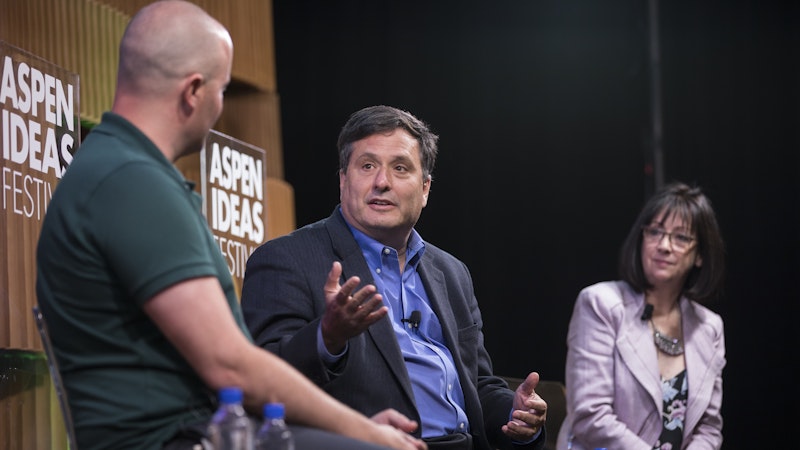
Pandemics and the Existential Threat to Global Security
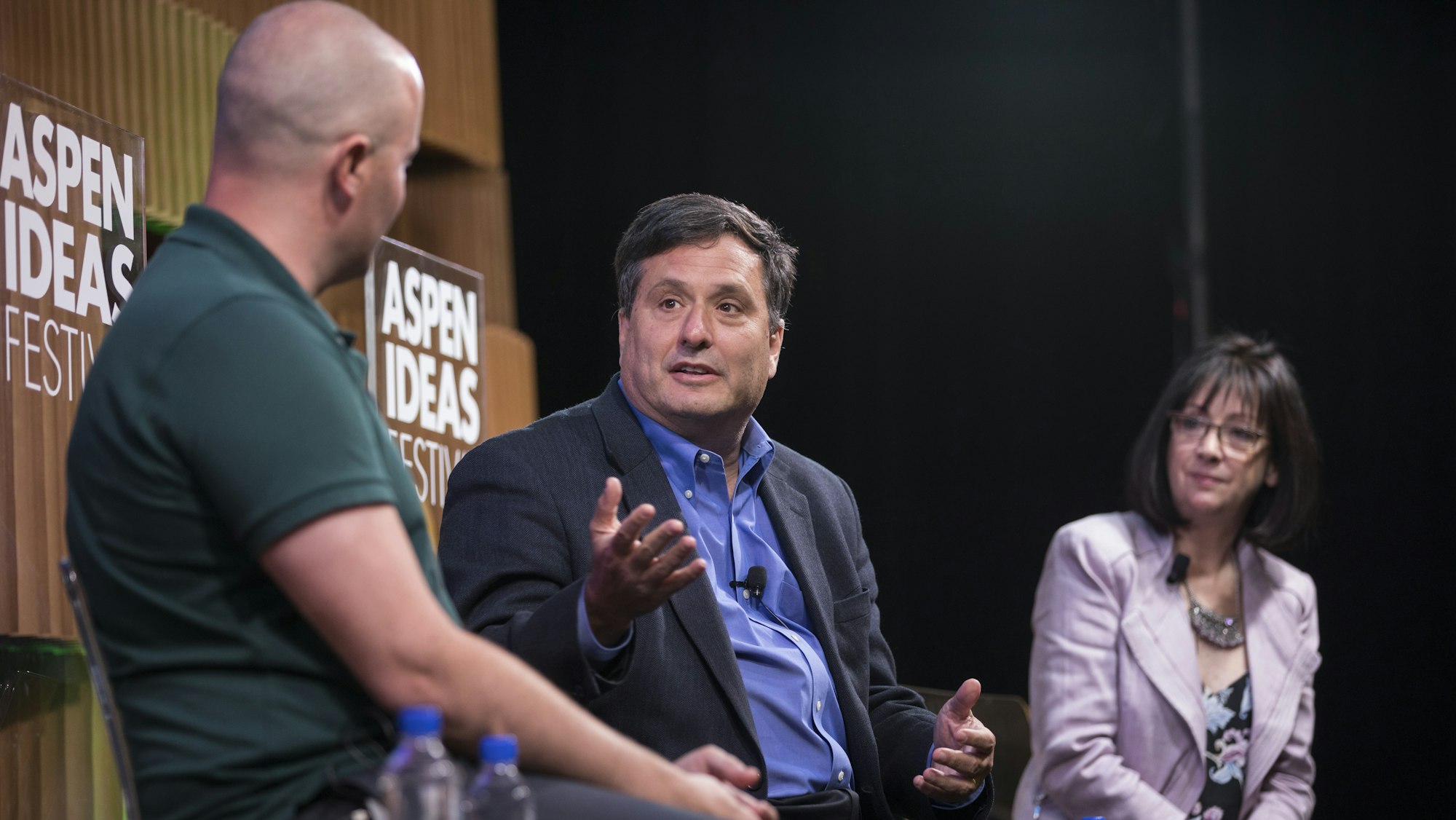
We need core infrastructure to let health care workers do their job.
Setup
Often overshadowed by terrorism, nuclear weapons, and cybercrime in the public imagination, pandemics may actually be the more existential threat to human civilization. And most experts agree: We’re woefully unprepared, and crucial funding for basic research, foreign aid, and preparedness is on the chopping block. What lessons have we learned from the Ebola crisis that can be applied to Zika and other threats, both natural and manmade in the months and years to come? What leadership and reforms are needed to make sure we’re as prepared as possible to confront the next epidemic?
Explore More
Health


Using the law to charge and imprison political opponents is a favorite tactic of dictators the world over. In an age of growing global authoritarianism, unscrupulous rulers ar...


The rapid development of the Covid-19 vaccine and the ramp-up of manufacturing and global distribution were unprecedented feats of medical coordination. But those on the insid...

Since 2014, Aspen Ideas: Health has welcomed nearly 800 inspiring women leaders to our stages to share their bold approaches to better health. In honor of Women's History Mont...

Our attitudes, habits, pleasures, and responsibilities shift across the generations, influencing the health challenges we face and how we respond to them. Expectations about h...

Setting audacious goals helps to redefine what is achievable in health, medicine, and science. As we deepen understanding of the human genome, unravel the mysteries of the bra...


Scholars are still uncovering information about Britain’s involvement in the transatlantic slave trade and its era of slavery, piecing together how the wealth generated from t...

As we wrap-up another year of elevating big ideas at Aspen Ideas: Health, we're excited to share the 15 most-watched sessions from the event. These conversations with inspirin...

In America, millions of people struggle with mental health including depression, anxiety, and more — all further exacerbated by living through a pandemic. The National Allianc...

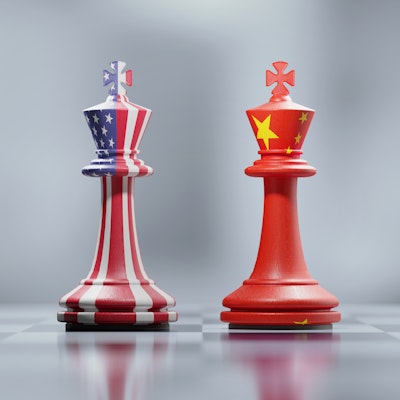
Relations between the United States and China have become increasingly tense over the past few years. Trade wars have escalated, and U.S. national security experts are bracing...

The United States spends $4.3 trillion—almost one fifth of the nation’s GDP—on health care. As the scale of the medical enterprise expands, venture capitalists are pursuing th...

Today's kids are coming of age against a backdrop of political, social, technological and economic upheaval. While these circumstances are shaping a precocious generation that...

Advocates, healthcare providers, legislators, researchers, and venture capitalists are bringing the unique health needs of women to light – from vigorous policy debates on iss...

From the debate over reproductive rights to the epidemic of gun violence to the youth mental health crisis, this year's Aspen Ideas: Health sessions tackled many of today's mo...

The recognition that all things are connected is at once a scientific principle and a philosophical touchstone. Humans, animals, and the environment are intertwined in complex...
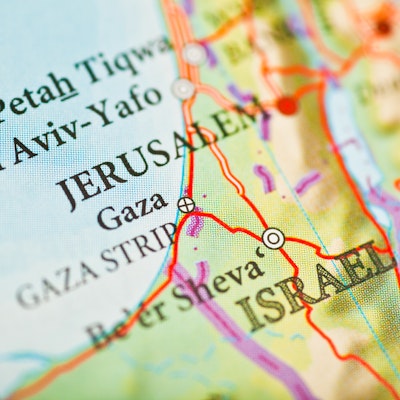
Three people whose lives have been irrevocably changed by the Israel-Palestine conflict share their stories of profound loss, grief and forgiveness.
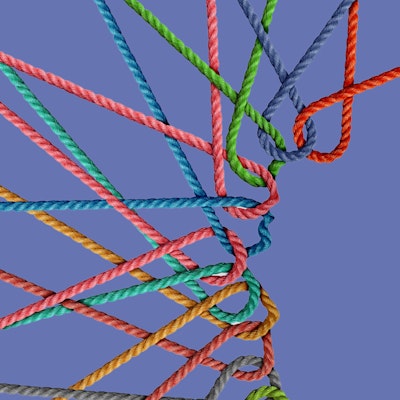
Our need for human connection is profound and deep. Yet, today, one in two adults are living with measurable levels of loneliness – and the numbers are even higher among young...


Sizable electorates around the world are flocking to populist candidates who promise power, domination and a return to better times. The global experiment in liberalism seems...

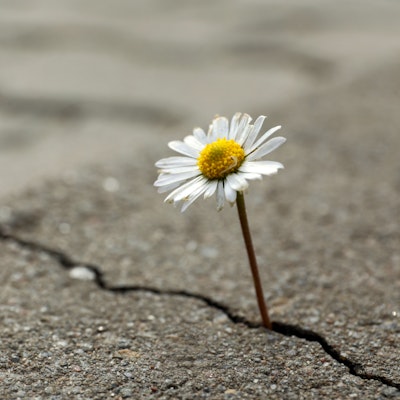
Conflict and suffering can bring out the worst in people, but it can also bring out the best. This is one of the lessons New York Times columnist Nicholas Kristof has learned...

The war in Ukraine continues to reshape European security and global alliances, while the war in Gaza raises urgent questions about humanitarian aid and international interven...

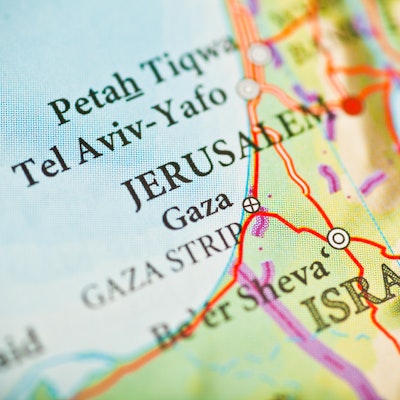
The grim stream of news from the Middle East has been making it more and more difficult to hold onto hope for peace. When and how will the conflict in Gaza end? And could war...















